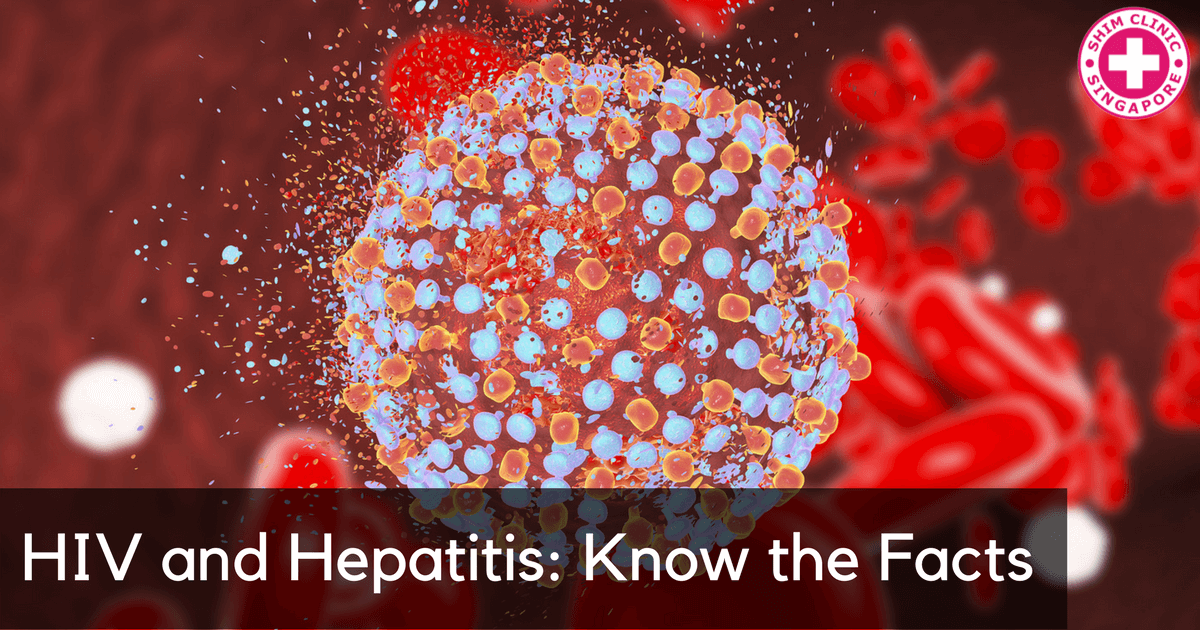The world recently celebrated National Minority Health Month in April. The activities of the celebrations were geared towards sensitizing the world on health disparities among diverse ethnic and racial groups.
Ethnic and racial minorities have a higher chance of suffering from diseases such as diabetes, cancer, HIV/AIDS, heart disease and cancer. More so, they are more likely to suffer serious effects from these diseases.
This year the US Food and Drug Administration (FDA) focused on education people on HIV/AIDS and hepatitis. FDA’s mission is to spread the word on the importance of testing and the available treatment options because early detection and treatment saves lives.
Hepatitis and HIV
Hepatitis is the inflammation of the liver, normally caused by viruses. There are several types of hepatitis depending on the virus causing the inflammation. Common types of hepatitis include: Hepatitis A, Hepatitis B, and Hepatitis C.
Human Immunodeficiency Virus (HIV) on the other hand is a disease that destroys disease fighting cells weakening a person’s immune system. The more the immunity is destroyed, the higher the chances of HIV progressing to Acquired Immunodeficiency Syndrome (AIDS).
Similarities Between Hepatitis and HIV
- Both HIV and hepatitis are sexually transmitted diseases meaning that they can be transmitted via sexual contact.
- The two viruses are also carried in the blood and can both therefore be passed on from one person to another through sharing infected blood such as through sharing needles.
- HIV and some types of hepatitis can also be transmitted from mother to child either before or after birth. The process of mother to child infection is called the perinatal transmission.
- CDC recommends that people engage in safe sex by using protection and sticking to one sexual partner. Never share needles with anyone and go for routine STD testing because early detection means you get treatment early saving your life.
Differences Between Hepatitis and HIV
- Cure: The major difference between HIV and hepatitis is that HIV has no cure. It is a lifelong disease and the patient will always have the virus. However, for most people hepatitis can be cleared from your bloodstream using medication. Successful treatment however, depends on early treatment. For HIV, the viral load can be suppressed using treatment. This prevents the virus from damaging your immune system too much.
- Duration of treatment: Treatment for HIV is lifelong while treatment for hepatitis will normally last for a year or less.
- Disease progression: The higher the HIV viral load the quicker the virus will progress to AIDS which is more damaging. A higher viral load in hepatitis is a sign of treatment working.
- Co-infection: About 10% of people with HIV will also be suffering from hepatitis B and will often not respond well to hepatitis B treatment. But having hepatitis B doesn’t make HIV worse.
Tests and Treatments
FDA insists on regular STD testing because the only way to know if you have any or both of these viruses is to get tested.
Without knowing your status you won’t know to take advantage of medical care and treatment. You also increase your chances of passing the viruses to other people unknowingly.
The FDA approved HIV and hepatitis tests include blood and saliva tests. Home tests are also available for HIV testing.
FDA has approved vaccines for hepatitis A and B. Search for vaccines for other types of hepatitis and HIV is still going on.
Getting yourself educated about HIV and hepatitis is your first step in protecting yourself. Walking to a STD testing clinic is the next and should you test positive for either of the two diseases, ask about immediate treatment (eg. HIV PEP )for a longer and healthier life.

